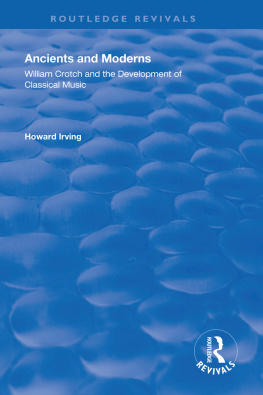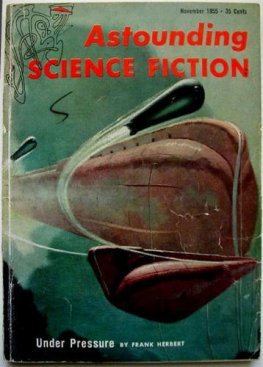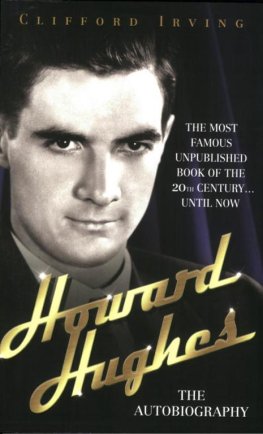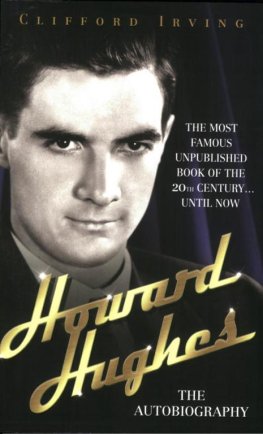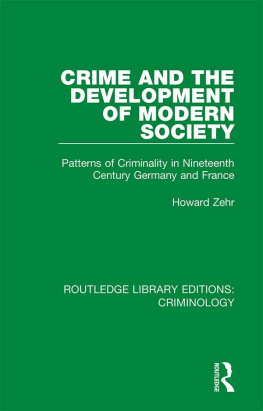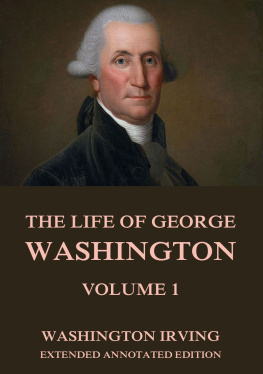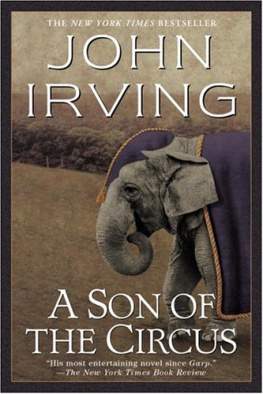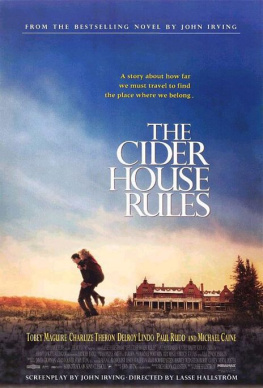For Stephanie Lian
Ancients and Moderns
William Crotch and the Development of Classical Music
Howard Irving
First published 1999 by Ashgate Publishing
Reissued 2018 by Routledge
2 Park Square, Milton Park, Abingdon, Oxon, OX14 4RN
711 Third Avenue, New York, NY 10017, USA
Routledge is an imprint of the Taylor & Francis Group, an informa business
Copyright Howard Irving, 1999
The author has asserted his moral right under the Copyright, Designs and Patents Act, 1988, to be identified as the author of this work.
All rights reserved. No part of this book may be reprinted or reproduced or utilised in any form or by any electronic, mechanical, or other means, now known or hereafter invented, including photocopying and recording, or in any information storage or retrieval system, without permission in writing from the publishers.
Notice:
Product or corporate names may be trademarks or registered trademarks, and are used only for identification and explanation without intent to infringe.
Publisher's Note
The publisher has gone to great lengths to ensure the quality of this reprint but points out that some imperfections in the original copies may be apparent.
Disclaimer
The publisher has made every effort to trace copyright holders and welcomes correspondence from those they have been unable to contact.
A Library of Congress record exists under LC control number: 98054372
Typeset in Sabon by Mantn Typesetters, 5-7 Eastfield Road, Louth, Lines, LN11 7AJ
ISBN 13: 978-1-138-31414-6 (hbk)
ISBN 13: 978-0-429-45709-8 (ebk)
Contents
General Editor's Preface
At the turn of the last century the factionalism engendered by attitudes towards ancient and modern music was, and still is now, a critical focal point for gauging musical values and tastes of the time. Not, however, that early attitudes were invariably partisan. Amongst some contemporary figures the portrayal of the parties as mutually exclusive was nothing more than a politicizing gesture. But in others the controversy was more immediately heartfelt, and in any event the representation of the quarrel, as Howard Irving calls it, is multi-faceted. It runs from the most vituperative and closed-minded denunciations to the clearest expressions of impartiality and disinterestedness. For modern musicologists trying to assess the language of the quarrel, as well as its inevitable influence on the development of a canonic repertoire, ascertaining its aesthetic and ideological nature and establishing its context is of paramount concern. Howard Irving's book addresses just this concern, and it does so in three ways: firstly, by evaluating relevant writings of William Crotch and others in light of the ancient-modern quarrel; secondly, by placing this evaluation into an alternative reading of the theories of William Weber; and thirdly, by providing a valuable transcription of Crotch's illuminating set of eight 1818 lectures. The reader can therefore judge for himself/herself not only Crotch's disposition towards music generally and the ancient-modern quarrel more specifically, but whether this accords with the views of modern musicologists on this and related topics. In this sense Ancients and Moderns sheds light as much on current values and tastes as it does on those of the eighteenth and nineteenth centuries.
Bennett Zon
University of Hull
Several individuals and institutions helped to make this book possible. I am indebted, first, to Lars Troide and Stewart Cooke of the Burney Project at McGill University for putting the Project's substantial collection of Burney materials completely at my disposal. Both Stephen Parks, curator of the Osborn Collection at Yale, and Miss Jean Kennedy MBE, the former County Archivist of the Norfolk Record Office, supplied me with much needed materials. I have relied on the interlibrary loan department at the University of Alabama at Birmingham, especially Eddie Luster, Marilyn Grush and the late Tinker Dunbar.
This book was written with the assistance of grants from the Graduate School of the University of Alabama at Birmingham (UAB) and the National Endowment for the Humanities. William Crotch's lectures and other materials are quoted with the permission of Norfolk Record Office, Gildengate House, Anglia Square, Upper Green Lane, Norwich. Letters by Charles Burney that are held in the Barrett Collection are quoted by permission of the British Library. Burney's letters and other materials in the Berg Collection are quoted with the permission of the Henry W. and Albert A. Berg Collection, The New York Public Library, Astor, Lenox and Tilden Foundations. Burney materials held in the Osborn Collection are quoted with the permission of The James Marshall and Marie-Louise Osborn Collection, Yale University Library. Parts of appeared in an earlier form as 'Classic and Gothic: Charles Burney on Ancient Music' in Studies in Eighteenth Century Culture , 23 (1993), 243-63.
Several colleagues and friends either read and commented on parts of the manuscript or helped me develop ideas that appear in this book. Like many musicologists who work in small departments, I have enjoyed the intellectual support and nurture of individuals outside my field, especially George Graham, James Rachels and Scott Arnold in the Department of Philosophy at UAB. Within musicology, special thanks are due Kerry Grant both for advice and encouragement at a crucial stage in this project. I have received invaluable critical guidance from two other sources. First, the skilful and sensitive editing of series editor Bennett Zon has made this a far better book than it would otherwise have been. In addition, I owe a substantial debt to anonymous referees who offered detailed and constructive comments on this and related manuscripts.
- Barrett Barrett Collection
- Berg Berg Collection
- BL British Library
- BM British Museum
- CB Charles Burney
- Correspondence NRO, MS 11214-1126
- DNB Dictionary of National Biography
- FB Frances Burney
- General Account NRO, MS 11230
- GM Gentleman's Magazine
- Lectures NRO, MS 11229
- Memoirs NRO, MS 11244
- NRO Norfolk Record Office
- NYPL New York Public Library
- Osborn Osborn Collection
- QMMR The Quarterly Musical Magazine and Review
- RMA Royal Musical Association
- TT Thomas Twining
- WC William Crotch
- YUL Yale University Library
PART ONE
Ancients and Moderns
In a lecture series first read at the Surrey Institution in 1818, Oxford University's Heather Professor of music William Crotch surveys British musical life over the preceding four decades. Crotch describes a period of great change from the concert world he had entered as a celebrated child prodigy in the final quarter of the eighteenth century. During the eventful 40 years surrounding the turn of the century, trained musicians are said to have displaced connoisseurs as the accepted arbiters of musical taste and the rightful leaders of musical institutions. Audiences, at the same time, learned to display a new reverence both for musicians and their creative efforts. Crotch notes that by the second decade of the nineteenth century concerts were often attended with a respectful attention that might have been found in Crotch's youth only at the elite Concert of Ancient Music. Unlike the Ancient Concert, however, the programmes of groups such as the newly formed Philharmonic Society are cited for their mixture of old and recent music, a tendency Crotch welcomes. Indeed, Crotch acknowledges the appearance of a new kind of contemporary musical masterpiece that combines the best qualities of ancient and modern music. The excellence of this new musical species is susceptible to analysis by skilled critics and requires no validation by the Ancient Concert's well-known formula limiting programmes to music at least 20 years old.


